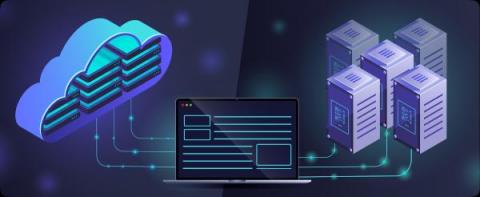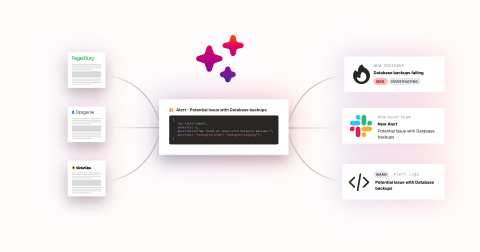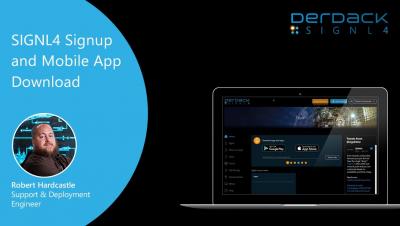Cloud Computing vs Traditional IT Infrastructure: Choosing the Right IT Model for Your Business
In recent years, the adoption of cloud computing has skyrocketed as more and more businesses realize the benefits of this modern IT solution. With its unparalleled reliability, scalability, and cost-effectiveness, cloud computing has become the go-to choice for many organizations. According to recent estimates, around 90% of businesses are already using some form of cloud computing, and this number is only set to rise in the coming years.










